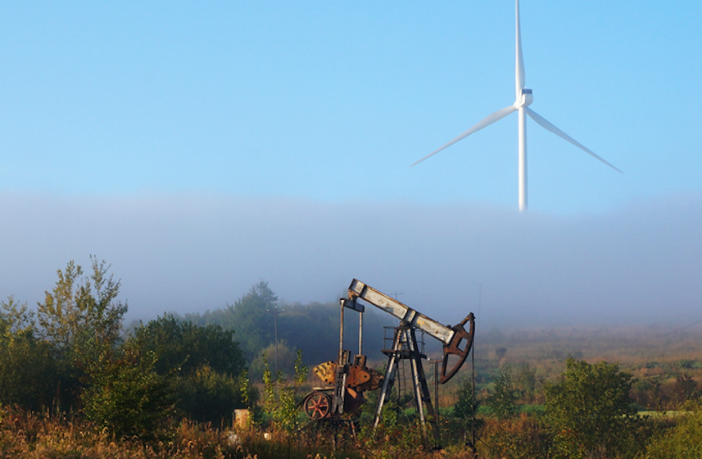- Scope 3 emissions account for 80-to-95% of total carbon emissions from oil and gas companies.
- But only a small number of these firms have set Scope 3 net zero ambitions, according to a recent report from Wood Mackenzie.
Wood Mackenzie’s report ‘How Will Oil and Gas Companies Get to Scope 3 net zero?” finds that only 10 large oil and gas companies have committed to Scope 3 net zero. The most ambitious company is targeting net zero Scope 3 in 2030. The majority are aiming for 2050.
“Scope 1 and 2 net zero is now industry standard,” said Tom Ellacott, senior vice president of corporate research for Wood Mackenzie. “But Scope 3 net zero requires dramatic shrinkage of oil and gas which is a fundamental threat to sustainability without a strategy to build new low carbon profit centres.”
Wood Mackenzie’s report analyses how getting to net zero Scope 3 emissions requires huge structural change. Companies are taking different bets on the levers to manage the sustainability challenge. The aim is to leverage areas of competitive strength.
The report concludes that three business models have emerged:
- Big Energy – aggressive diversification into renewables and low emissions fuels will sustain the business as oil and gas cash flow enters decline.
- Carbon as a Service – aggressive expansion of carbon capture and storage to offset Scope 3 emissions. This model allows for slower decline in oil and gas and potentially a negative emissions footprint.
- Sustainable fuels – transition to the development of low-emissions fuels and circular business solutions to offset declining oil and gas production and crude processing.
The pace and timing of the wind-down of the oil and gas business differentiate Big Energy strategies. Differentiated strategies this decade are likely to converge on the model or models that prove to work best as the energy transition unfolds.
Ellacott added, “All of these models are currently in play with companies targeting Scope 3 net zero, but for each, there are challenges. Whether it be the risk of lower returns, stakeholder misalignment or the lack of supporting policy, the paths to Scope 3 net zero are not easy. Companies will also have to scale up low carbon technologies that sit outside their core competencies in oil and gas.”
Ellacott concludes, “This limited commitment reflects the massive challenge oil and gas companies face in getting to net zero Scope 3. But all companies need to start thinking about risk management strategies for Scope 3 and rely on a mix of technological solutions and the use of carbon markets.”
The report highlights several risk mitigation actions that companies without Scope 3 net zero ambitions are taking. These include building optionality in carbon capture and storage, renewable hydrogen, biofuels and, in some cases, renewable power.
Ellacott adds, “Most companies still see opportunities for oil and gas through to at least 2040. But oil and gas companies that haven’t committed to Scope 3 net zero need to be ready to adapt their strategies to a low carbon future if the energy transition speeds up.”
Author: Bryan Groenendaal
Source: Woodmac
Wood Mackenzie, also known as WoodMac, is a global research and consultancy group supplying data, written analysis, and consultancy advice to the energy, chemicals, renewables, metals, and mining industries.
















